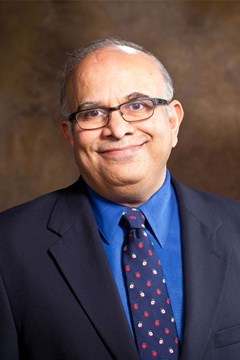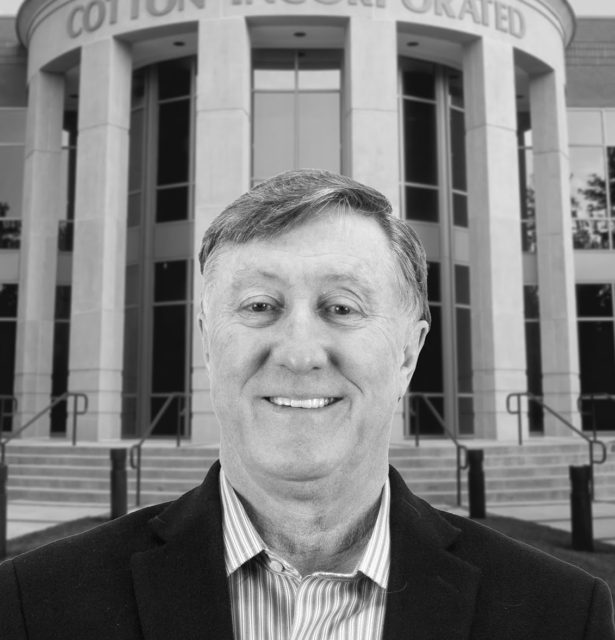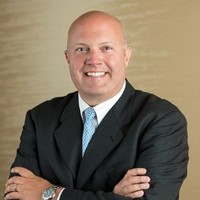Ramulu Mamidala is the Boeing-Pennell Professor of Engineering at the University of Washington. He has been a faculty member in Mechanical Engineering since 1982, and adjunct professor in Industrial & Systems Engineering and Materials Science & Engineering. Over the past 29 years, Ramulu has been a devoted mentor, educator, and researcher. He took the leadership role to establish and direct two graduate educational programs and developed a certificate program in Composite Materials and Manufacturing that serves working Aerospace Engineers in collaboration with industry.
Mamidala’s research interests reflect the multi-disciplinary nature of materials, mechanics and manufacturing engineering, and primarily focuses on aircraft materials and structures. He has very successful research programs in fracture mechanics, fatigue and manufacturing engineering. His research has been supported by NSF, AFOSR, Boeing, GE Super abrasives, Paccar, TRW, Flow International, Quest, Electro Impact, Kyocera, Pacific Northwest Labs, McDonald Douglas, and Puget Sound Naval Ship Yard. He is an international expert on the machining and surface integrity of composite materials and structures. He received the NSF Presidential Young Investigator Award and the Technology Award from Waterjet Technology Association. He has supervised more than 200 graduate students. He has published more than 300 technical papers in refereed journals and conference proceedings. He has edited five ASME Symposium Proceedings and co-edited a book, Machining of Ceramics and Composites. He is one of the founding members of Machining Science and Technology Journal, and serving as a member of the editorial boards of five other scientific journals. He is a Fellow of ASM, ASME, SEM and SME.
Mamidala was awarded Outstanding Teacher in the College of Engineering, 1985-86 and was ranked in the top ten professors at the University of Washington by graduating students in the TYEE yearbook (1986). He was awarded the ASM-IIM International Lectureship Award (1985-86), the SAE’s Ralph R. Teetor Educational Award (1987), the ASEE’s AT&T Foundation Award for excellence in instruction of Engineering students (1989); and the Faculty Excellence Award from the UW Minority Science & Engineering Program (1991). His efforts to foster university-industry collaboration have been recognized with the “Academic Engineer of the Year” Award (1994) from the Puget Sound Engineering Council, Washington and “The Ed Wells Summer Faculty Fellow” from Boeing (1997). For his excellence in online teaching and innovation, he was awarded the 2004 R1.edu Award and for his contributions to distance education, he won the 2012 UW Distinguished Contribution to Life Long Learning Award.
Share This Speaker




